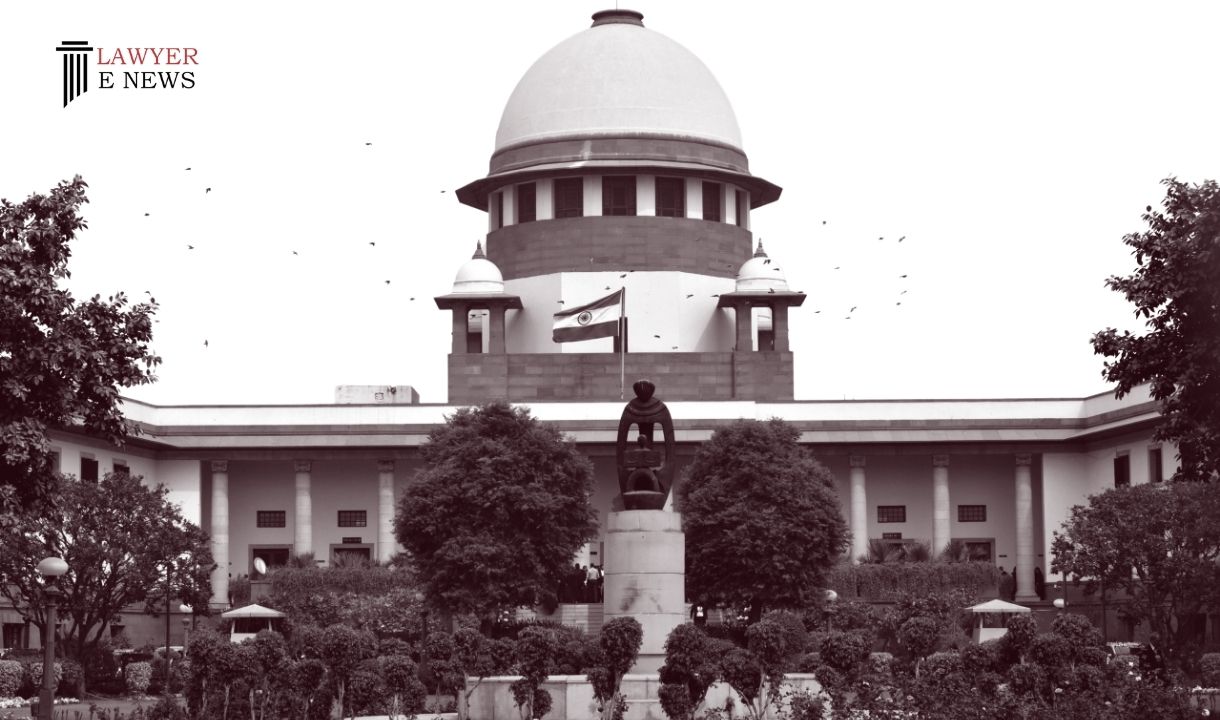-
by Admin
15 February 2026 5:01 PM



In a significant ruling, the Supreme Court today dismissed an election petition against Karim Uddin Barbhuiya, holding that the petition failed to meet the mandatory requirements of Section 83 of the Representation of the People’s Act, concerning precise allegations and material facts.
Legal Point of the Judgment: The judgment underscored the importance of adhering to Section 83 of the Representation of the People’s Act in election petitions, emphasizing that specific, detailed allegations and a concise statement of material facts are indispensable. The absence of these elements leads to dismissal under Order VII Rule 11 CPC.
Facts and Issues: Aminul Haque Laskar challenged the election of Karim Uddin Barbhuiya, alleging false educational qualifications and financial discrepancies. However, the Supreme Court found these allegations vague and not supported by the specific material facts required under the Act.
Material Facts in Election Petition: The Court asserted the necessity for an election petition to articulate specific allegations and material facts, lacking which, the petition becomes liable for dismissal.
Implications of Allegations of Corrupt Practices: For allegations of corrupt practices, the Court stated that they must be proven beyond a reasonable doubt, requiring clear, cogent, and precise details in the petition.
Application to the Present Case: In this case, the Court concluded that the election petition did not fulfill the mandated criteria of Section 83 of the RP Act, resulting in its dismissal.
Decision: The Supreme Court allowed the appeal, thereby dismissing the election petition against Karim Uddin Barbhuiya, as it did not comply with the requirements of a concise statement of material facts and specific allegations as stipulated in the Representation of the People’s Act.
Date of Decision: April 8, 2024.
Karim Uddin Barbhuiya vs. Aminul Haque Laskar & Ors.
